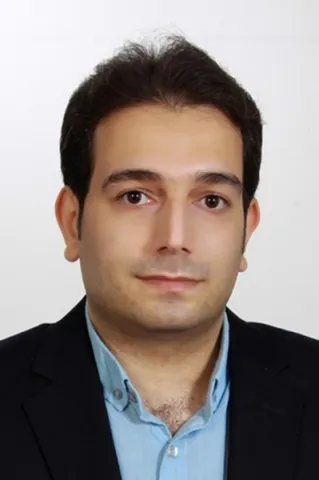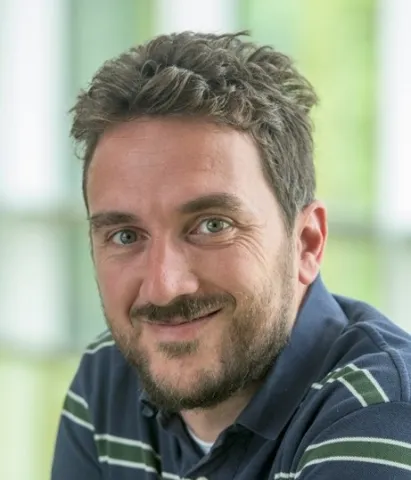About the project
Hollow-core optical fibres represent a transformative advancement in fibre technology, enabling exceptional light confinement and performance. However, the intricate microstructure required to guide light and dynamics of the fibre drawing process present significant challenges. By developing high-fidelity CFD models that simulate the interactions between molten glass and pressurized gas, you will help optimize fibre geometries and enhance optical performance, paving the way for advanced manufacturing solutions.
Optical fibre is undergoing a revolution, new fibre designs are exceeding long established performance limits, but their manufacture is far from straightforward. Join the Hollow-Core Fibre Group at the University of Southampton, to develop innovative Computational Fluid Dynamics (CFD) tools for simulating the hollow-core optical fibre (HCF) drawing process. This project offers a unique opportunity to contribute to the future of telecommunications, sensing, and advanced optical applications.
You will develop advanced CFD tools for 3D simulations of the HCF drawing process, leading to significant advancements in fibre design and functionality. Key responsibilities include:
- conducting 3D simulations of the HCF drawing process
- validating models with experimental data
- developing advanced heat transfer models and optimizing drawing parameters
- collaborating with experimental teams to fabricate and test fibres based on your simulations
At the University of Southampton, you will have access to state-of-the-art laboratories and a collaborative research environment. This project not only allows you to work with cutting-edge technology but also offers valuable networking opportunities within both academia and industry.
The Optoelectronics Research Centre is committed to promoting equality, diversity, and inclusivity, as demonstrated by the school’s Athena Swan award. We welcome all applicants regardless of their gender, ethnicity, disability, sexual orientation or age. We take personal circumstances into account, and will give full consideration to applicants seeking to study part time. The campus has onsite childcare facilities.


